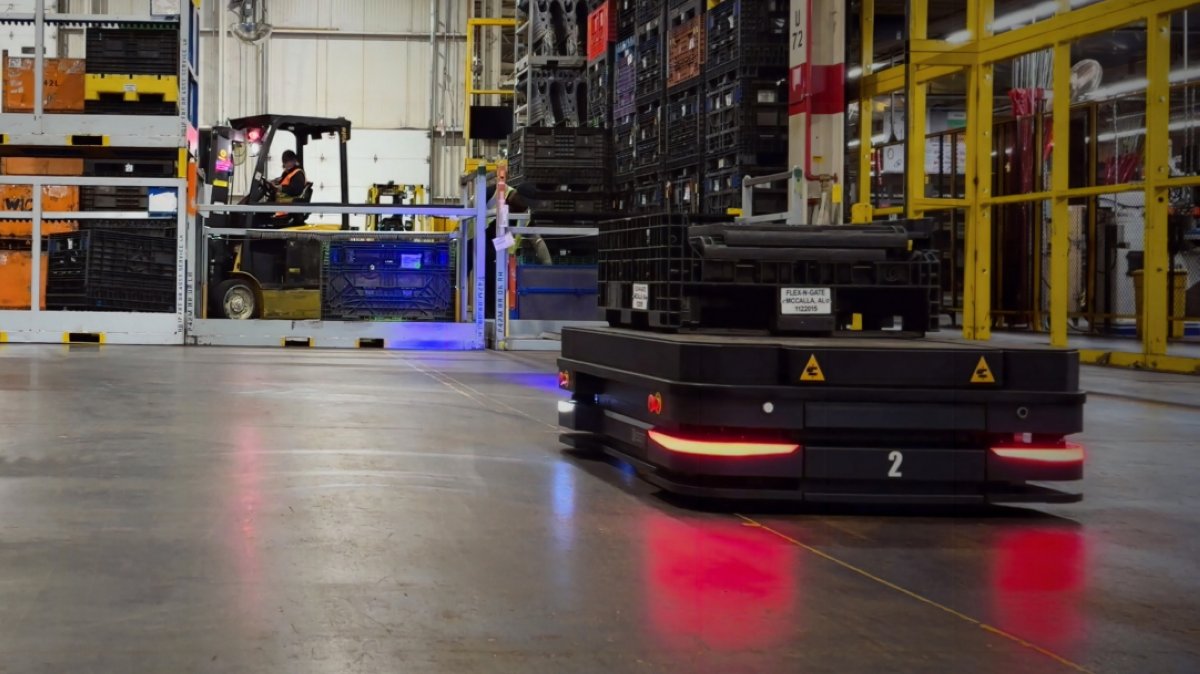Summary:
Northrop Grumman invests $50 million in Firefly Aerospace to develop the Eclipse rocket
Eclipse combines Antares and Alpha rocket technologies, targeting a 2026 launch from Virginia
Designed for space station resupply, commercial launches, and national security missions
Firefly Aerospace, valued at over $2 billion, made history with a successful moon landing on first attempt
Investment reflects growing collaboration between defense contractors and tech startups in the space sector
Northrop Grumman, a leading U.S. defense contractor, has made a significant $50 million investment in Firefly Aerospace, a promising space startup. This collaboration aims to accelerate the production of their jointly developed rocket, named "Eclipse". The announcement marks a pivotal moment in the space industry, showcasing the growing synergy between established defense giants and agile tech startups.
The Eclipse Rocket: A New Era in Space Launch
The Eclipse medium launch vehicle is a fusion of Northrop Grumman's Antares and Firefly's Alpha rocket technologies. Scheduled for its maiden voyage from Wallops Island, Virginia, as early as 2026, Eclipse is designed to cater to a wide range of missions. These include space station resupply, commercial spacecraft deployments, national security missions, and scientific payload deliveries for both domestic and international markets.
A Surge in Space Startup Investments
This investment comes at a time when the space sector is experiencing unprecedented growth, fueled by initiatives like U.S. President Donald Trump's efficiency drive. Such policies are fostering more collaborations between large defense contractors and innovative smaller firms, aiming to streamline advancements in space technology.
Firefly Aerospace: Rising Star in the Space Race
Firefly Aerospace has quickly risen to prominence, notably becoming the second private company to achieve a moon landing on its first attempt with the uncrewed Blue Ghost spacecraft. Based in Texas, Firefly specializes in small- and medium-lift launch vehicles for commercial orbital launches. The company's valuation soared to over $2 billion in November, following a successful $175 million late-stage funding round.








Comments